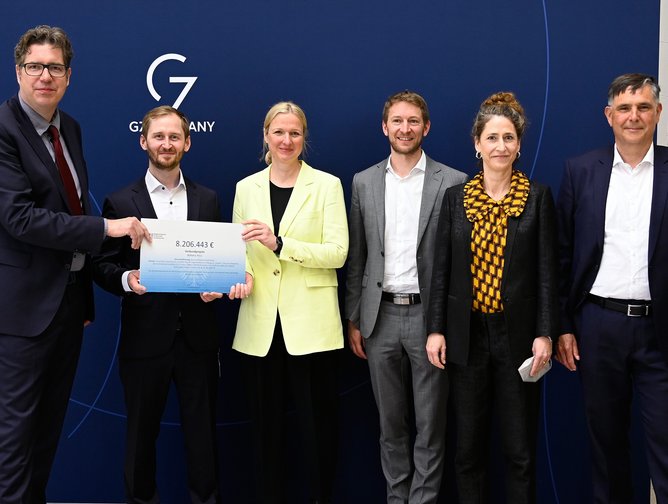
Germany has launched a 'Battery Pass' project which will set out data specifications and technical standards for batteries made or placed into service in the EU.
The three-year, German-funded R&D project is led by system change company SYSTEMIQ and comprises 10 other consortium partners: acatech - Deutsche Akademie der Technikwissenschaften, BASF SE, BMW AG, Circulor, FIWARE Foundation e.V., Fraunhofer IPK, TWAICE Technologies, Umicore AG & Co KG, VDE Renewables (through subcontracting), and Audi.
Associate partners include the Global Battery Alliance (GBA), GS1 Germany, Kompetenznetzwerk Lithium-Ionen-Batterien (KLiB), Mercedes-Benz, RWE Generation SE, and SAP SE.
Global regulations for batteries and their critical materials are growing in number and complexity. For example, the forthcoming EU Battery Regulation is expected to be passed into law in the first half of this year.
It will require battery passports that clearly show the battery’s embedded CO2 emissions, compliance to ethical production standards, and a growing amount of recycled content.
Today’s Battery Pass project announced by the German government will influence and inform the European Commission and key partners on how the technical standards and content of digital identities for batteries can be developed and managed to enable responsible, sustainable, and circular electrified economies.
“Batteries are valuable assets and giving them an identity will be key to achieving circular economies that deliver resource security and lower emissions,” said Circulor CEO and Founder Douglas Johnson-Poensgen.
With Circulor’s technology, electric vehicle OEMs and supply chain participants can track the physical flow of critical materials from extraction to final production, as well as associated ESG characteristics, including embedded carbon across Scope 1 and 2 emissions, to create a dynamic picture of inherited emissions at the downstream.
Working in battery traceability since 2017, Circulor tracks critical battery materials, their GHG emissions, and ESG credentials for both upstream and downstream customers. With customers such as Volvo, Polestar and Rock Tech Lithium, Circulor helps them prove their sustainable and responsible sourcing through the creation of product passports.
Driven by the electrification of transportation and the deployment of batteries in electricity grids, global battery demand is expected to increase 14 fold by 2030, and could be a €250bn sector as early as 2025.
Locating cell manufacturers close to OEMs in Europe allows for the creation of a research and innovation ecosystem, fostering codevelopment among players in EV production, cell manufacturing, and upstream materials development and production (including cathodes, anodes, and electrolytes), along with recycling, research, and innovation networks, according to Mckinsey.
"Establishing battery manufacturing in Europe could not only secure EV-production and other manufacturing jobs but also create new jobs in areas such as cell manufacturing, battery supply chain, and beyond," it concludes.
"If this enormous opportunity is to be captured, stakeholders must act now, before EV manufacturers close decades-long supplier agreements—and leave latecomers to the EV-battery industry in the dust."